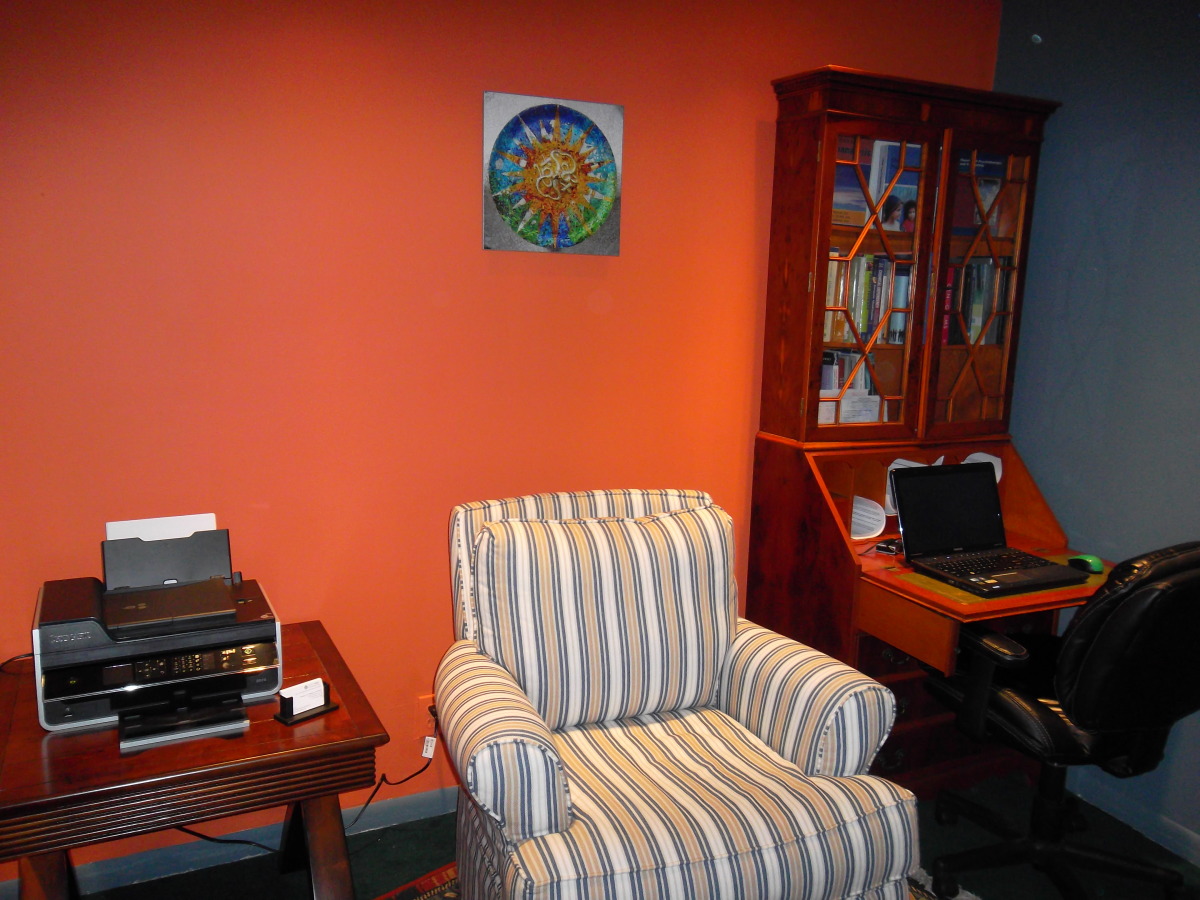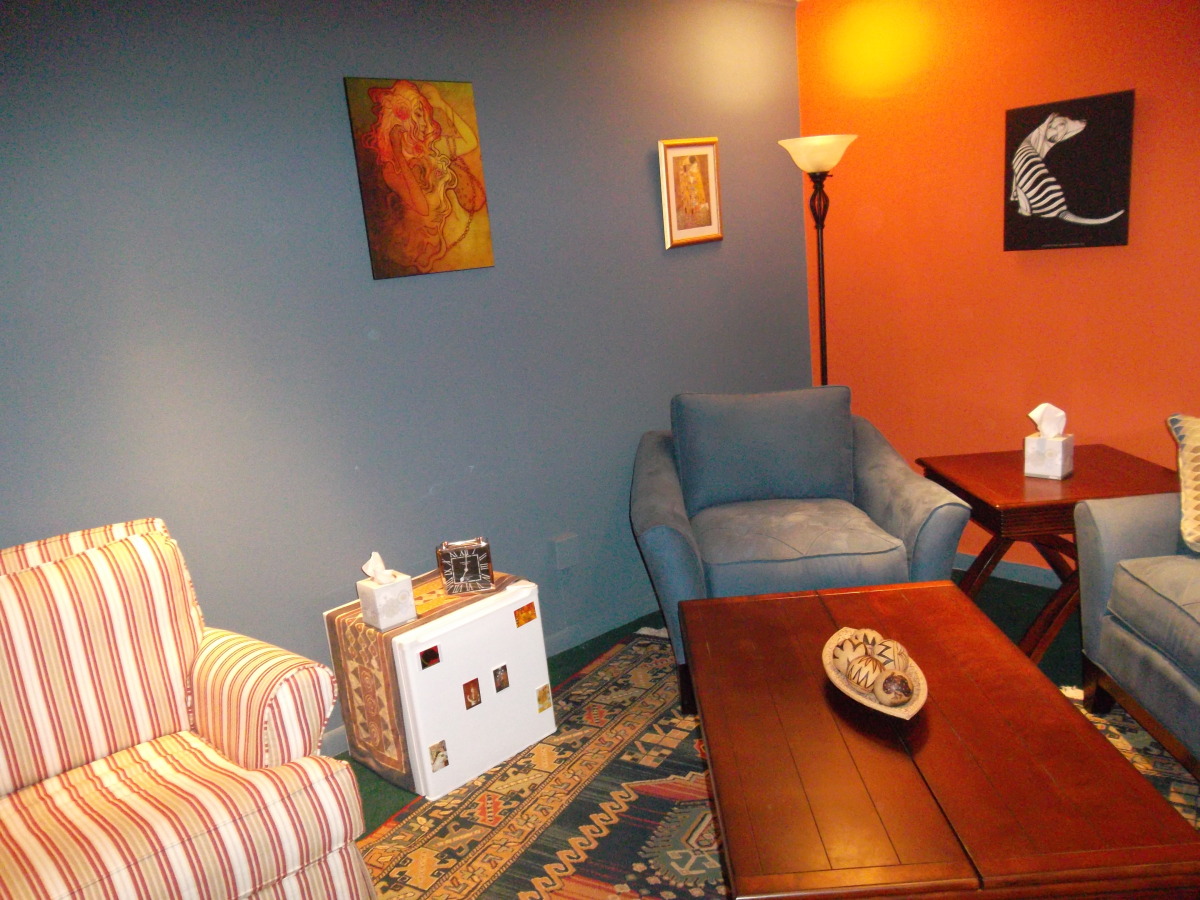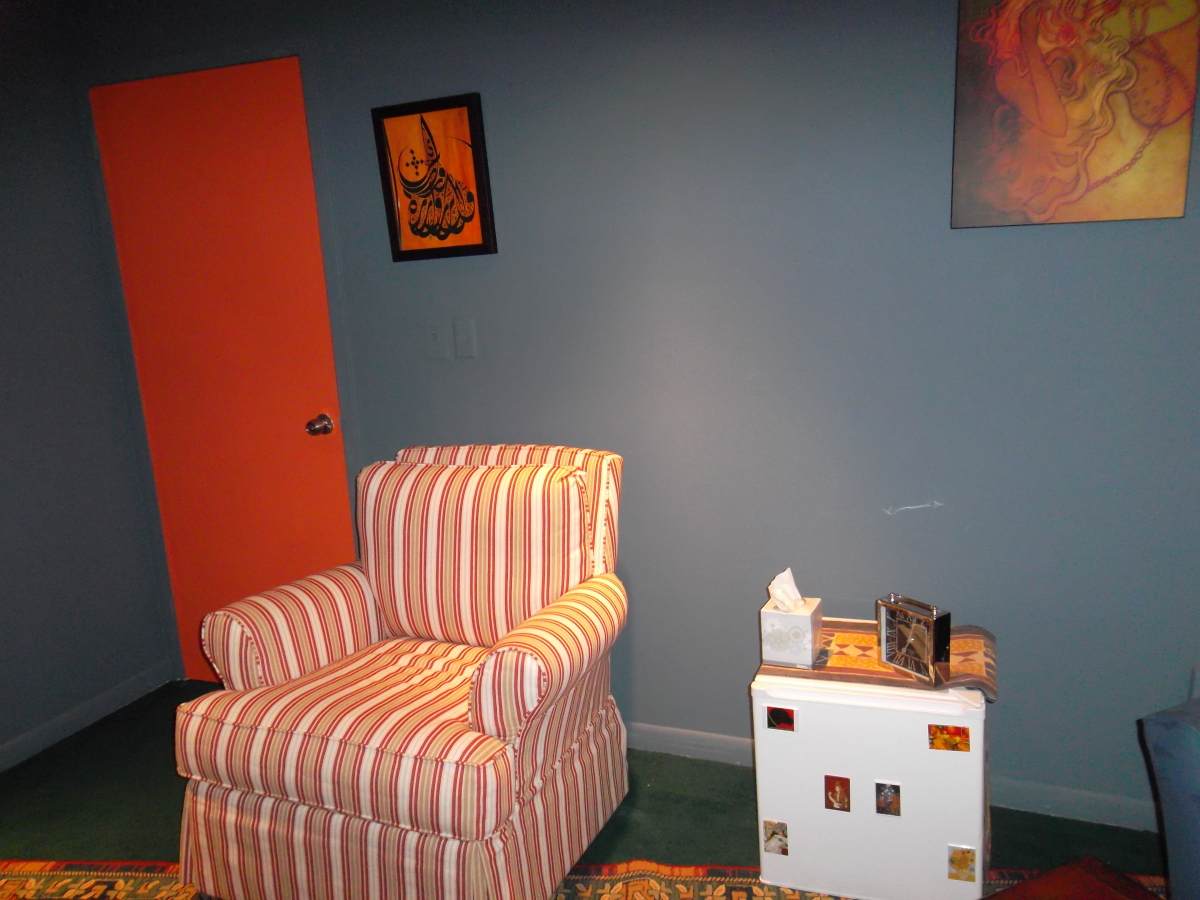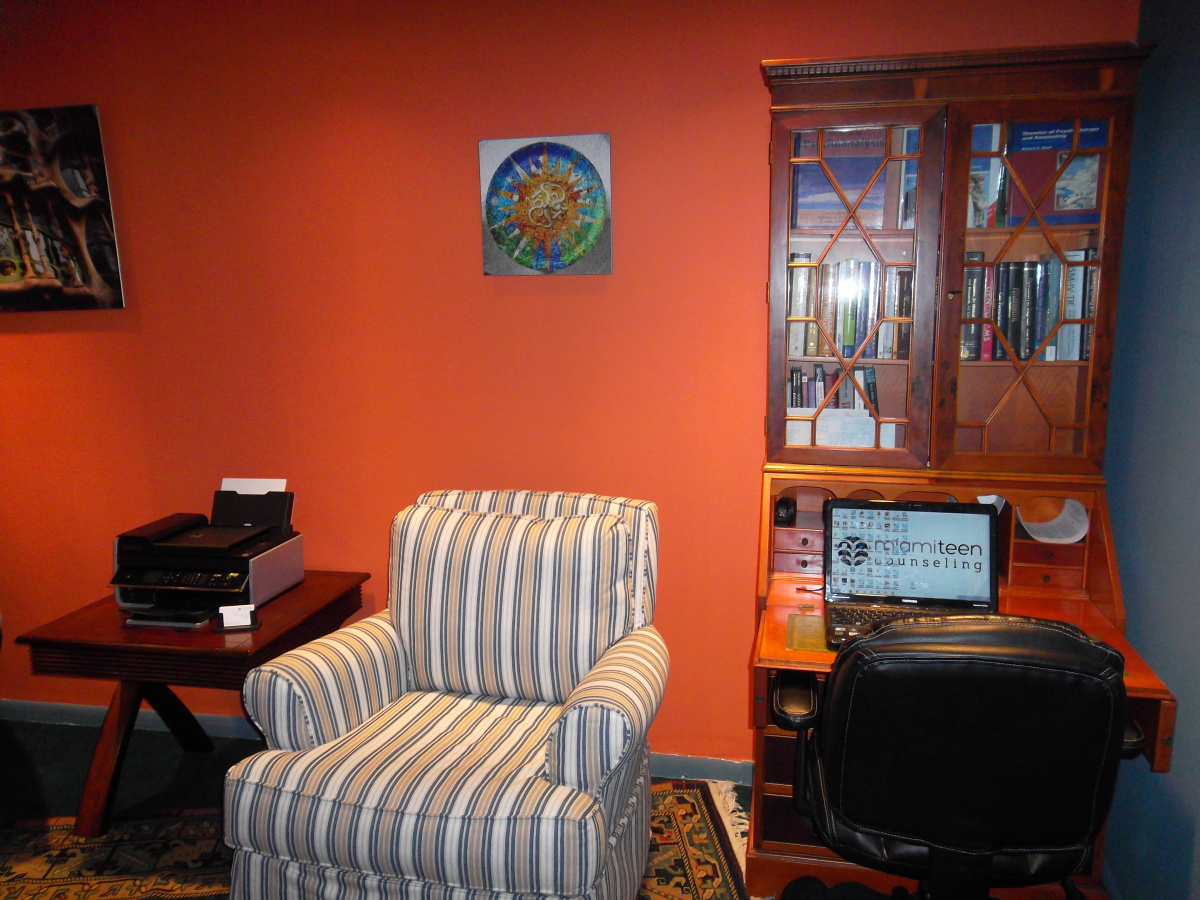A Parent's Guide to Understanding Teen Depression
Depression is the most common mental health disorder among adults and adolescents in the United States. The Mayo Clinic defines depression as a mental health condition that causes a persistent feeling of sadness and loss of interest and in some cases it can cause physical symptoms. Depression is a chronic mental illness and requires long-term treatment such as psychological counseling, medication, or a combination of both.
It can be difficult for parents to distinguish between normal teenage moodiness and genuine depression. Pressure to succeed in school, social difficulties, coming to terms with self-identity, and new thoughts of independence causes undue stress for many teenagers. However, persistent symptoms can help parents identify depression. Most experts agree that feelings of sadness or any of the symptoms listed below lasting longer than 2 weeks at a time is a red flag for depression.
Signs and Symptoms of a Depressed Teenager
- Sadness
- Irritability
- Frequent crying
- Social withdrawal
- Agitation
- Feelings of worthlessness, helplessness, & guilt
- Lack of energy
- Loss of interest or motivation in activities
- Thoughts or threats of suicide
- Changes in sleeping or eating habits
- Previous episodes of depression
- Family history of depression
- Other untreated problems such as alcohol or drug abuse, anxiety, or antisocial behaviors
Common Causes of Depression
- Biological factor such as changes in the body’s chemistry that influence mood and thoughts
- Significant transitions in life
- Life stresses
- Death of a loved one
It is very important to seek professional advice if your teenager is exhibiting any of the signs and symptoms listed above. Many times depression is overlooked and goes untreated. A study published in Archives in General Psychiatry revealed that 21% of Americans who have major depression receive minimally adequate care. Less than 20% of Latinos receive adequate treatment for their depression. Unlike adults, teenagers generally do not have the ability to ask for help on their own and rely on those closest to them to identify their grief and get them the help they need. Although long-term treatment is required, depression is a very treatable condition. According to the American Psychological Association, “Simply put, people with depression who do not seek help suffer needlessly. Unexpressed feelings and concerns accompanied by a sense of isolation can worsen depression; therefore, the importance of getting appropriate help cannot be overemphasized.”
Teenage Depression versus Adult Depression
Teenagers suffering from depression are more likely to face unique challenges that their adult counterparts often do not. Teen Depression a Guide for Parents and Teachers highlights the difference between teenage and adult depression:
- Irritable or angry mood – Teenagers are more likely to exhibit irritability and anger as opposed to sadness. Hostility, frustration, and angry outbursts are common symptoms
- Unexplained aches and pains – Depressed teens are more likely to experience physical symptoms from depression such as headaches and stomachaches. If a doctor has ruled out medical reasons for these pains, it may be an indication of depression.
- Sensitivity to criticism – Feelings of insignificance and self-loathing make depressed teenagers susceptible to criticism, rejection, and failure.
- Social withdrawal – Depressed teens tend to isolate themselves socially from select groups such as parents and may socialize less in general. Pulling away from existing friendships and hanging out with a new crowd can be an indication of social withdrawal.
Yet another reason to seek treatment for depression is the fact that teenagers suffering from depression are also at higher risk for other problems, according to teenhelp.com. Teens with depression are at higher risk of:
- developing a substance abuse problem
- having smaller social circles
- taking advantage of fewer opportunities such as career or education
- struggling to maintain healthy friendships and relationships
- having trouble at work or school
- catching a physical illness
- committing suicide
Treating Depression with Counseling or Antidepressants?
According to psychcentral.com there are a variety of psychotherapy treatments that effectively combat the symptoms of depression. Clinical trials consistently show that psychotherapy is equally effective as antidepressant medication for patients with mild to moderate depressive symptoms. Psychotherapy is an effective and natural way to treat depression without the risk and cost of antidepressant medication.
Antidepressants can cause side effects such as nausea, insomnia, weight gain, constipation, and diarrhea. In addition, antidepressants were designed and tested on adults so their impact on a young person’s brain development is not fully comprehended. The FDA requires “black box” warning labels about the potential risk in children, adolescents, and young adults up to the age of 24. The risk of suicide is highest during the first two months of antidepressant treatment and requires extensive medical visits.
It is important to note that in cases of severe or major depression a combination of antidepressants and psychotherapy is effective. A study listed in the US National Library of Medicine concluded that patients found combined treatment more acceptable and were significantly more likely to recover. This combined therapy is preferable to pharmacotherapy (only medication) in the treatment of patients with major depression.
Teenage Depression & Suicide in Miami-Dade County
The Centers for Disease Control and Prevention (CDC) has been conducting a biennially survey of high school students called the Youth Risk Behavior Surveillance System (YRBS) to monitor priority health-risk behaviors and to identify health trends in teenagers and young adults through surveys administered to private and public high schools. The result of this survey allows us to take a look at the mental state of teenagers in our own backyard, Miami-Dade County. To read the full 2011 report please click here.
Feeling Sad or Hopeless
The survey defines this category as high school students who reported feelings of sadness or hopelessness almost every day for 2 or more weeks in a row that they stopped doing some usual activities.
- 32.6% of high school girls and 18.1% of high school boys in Miami-Dade reported feeling sad or hopeless in 2011.
Seriously Considered Attempting Suicide
The survey defines this category as high school students who had seriously considered attempting suicide in 2011.
- 13.4% of high school girls and 7.7% of high school boys seriously considered attempting suicide in Miami-Dade County in 2011.
Made a Suicide Plan
The survey defines this category as high school students who have made a plan about how they would attempt suicide.
- 11% of high school girls and 6.9% of high school boys made a suicide plan about how they would attempt suicide in 2011.
Attempted Suicide
The survey defines this category as high school students who have attempted suicide one or more times in 2011.
- 7.9% of high school girls and 5.6% of high school boys attempted suicide at least once in Miami-Dade County in 2011.
Suicide Attempt Treated by a Doctor or Nurse
The survey defines this category as high school students that made a suicide attempt that resulted in an injury, poisoning, or overdose that had to be treated by a doctor or nurse in 2011.
- 2.7% of high school girls and 2.9% of high school boys whose attempted suicide resulted in treatment by a doctor or nurse in Miami-Dade in 2011.
Teenage Depression Among Hispanics
Although the survey does not provide detailed information on Hispanics in Miami-Dade County, there is national information on teenage Hispanics. With over two-thirds of Miami-Dade residents identifying themselves as Hispanic the information is applicable.
Quick Facts about Hispanics from the Survey
- Overall, the prevalence of having felt sad or hopeless almost every day for 2 or more weeks in a row was higher among:
- Hispanic (32.6%) than white (27.2%) and black (24.7%)
- Hispanic female (41.4%) than white female (34.3%) and black female (31.4%)
- Hispanic male (24.4%) than black male (18%)
What you can do As a Parent If Your Teenager is Depressed?
Talk to your Teenager
Helpguide.org share useful tips on talking to a depressed teenager:
- Be supportive – Make it clear that you are there for your teenager no matter what the issue may be. Don’t bombard your teen with questions.
- Be gentle but persistent – Confronting one’s issues and opening up about personal problems can be difficult for everyone. Your teenager is no different. Let them know you are concerned and your willingness to listen and help.
- Listen, don’t lecture –If your teenager opens up about his issues, resist the temptation to pass judgment or give unsolicited advice. Communication is the key here.
- Validate their feelings – Acknowledge your teenager’s sadness and hopelessness even if their issues appear silly to you.
Seek Counseling
Leaving depression untreated can have serious consequences such as substance abuse, academic underachievement, social isolation, and even suicide. Depression is a very treatable condition and as a parent you have lots of options.
For cases of mild to moderate depression talk therapy or psychotherapy is an effective and natural way to resolve depression issues. Seek a consultation with a depression or adolescent mental health specialist. Popular directories such as psychologytoday.com are a great place to get started. Helpguide.org suggests that parents shouldn’t rely on solely on medication to treat their teenager’s depression unless symptoms do not improve with talk therapy.
Take Care of Yourself
Although taking care of a depressed child may consume the majority of your energy, do not fall in the trap of neglecting your own needs and the needs of other family members. Make sure to reach out for support from family and friends.
Miguel Brown, M.S.Ed, LMFT
Psychotherapist, Miami Teen Counseling
7600 Red Road, Suite 222
South Miami, FL 33143
miguelbrown@miamiteencounseling.com
(786) 644-7426
By Miguel Brown










